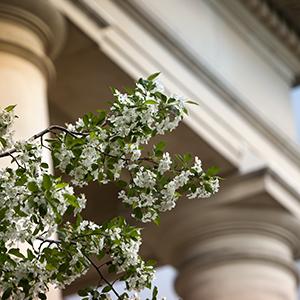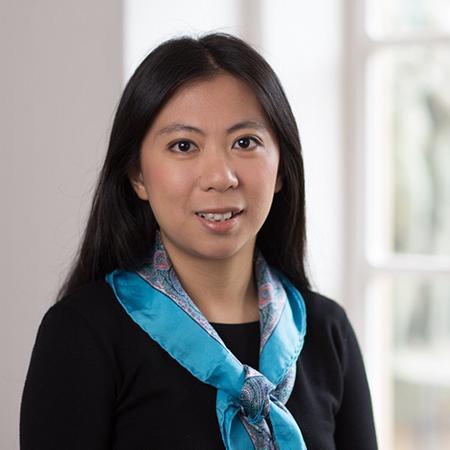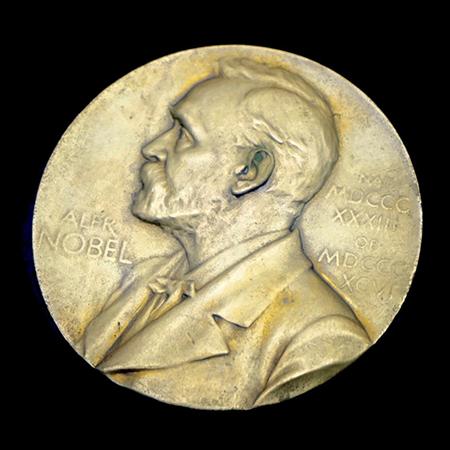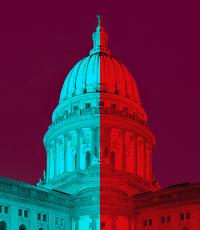Researchers disrupt signaling pathway to treat colitis
… the enzyme JAK2. This enzyme, in turn, is responsible for activating STAT3 by adding a phosphate group to it, a … discovered a new mechanism that regulates this pathway. “For JAK2 to phosphorate STAT3, they have to be in the same … effective treatment for colitis, and the exact cause is not very clear. But we do know that TH17 cells play some role in …



